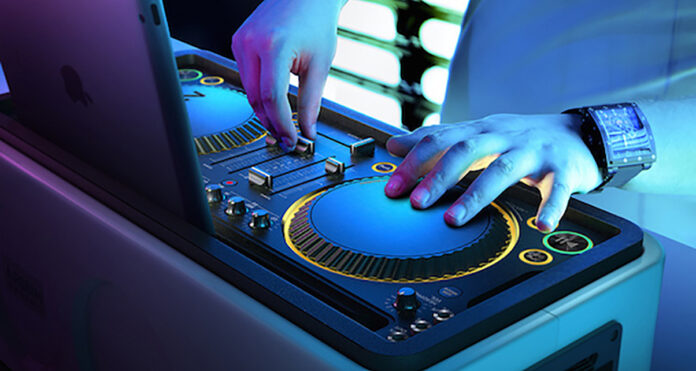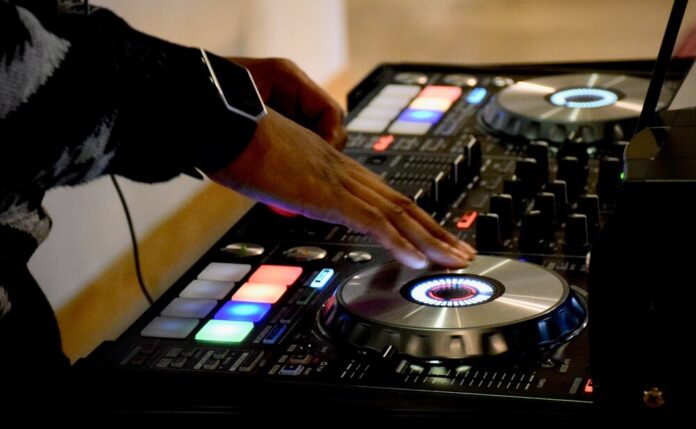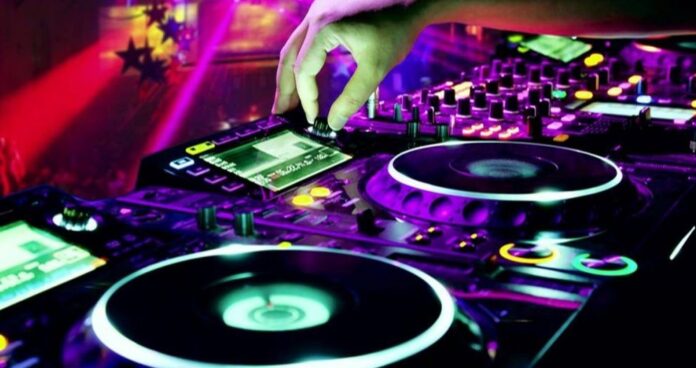If you are interested in becoming a DJ, this article will provide you with some helpful tips on how to do so. By following some simple steps, you’ll be able to learn how to become the best DJ possible! First, it is important that you have an understanding of basic music theory. This will help fill any gaps in your knowledge and enable you to produce better mixes. Secondly, it is important that your equipment is up-to-date and working properly. A poorly tuned sound system can ruin anything; make sure yours works well before performing for others! Thirdly, it’s not enough just to know how to use equipment; knowing how to use it in the best possible way will also give you more knowledge and skill.
This post discusses DJ tips and tricks to help you become a better DJ. It goes in depth about how DJ City can help you find the best equipment for your DJ needs, as well as how to put together mixes that will keep people on the dance floor all night long!
Learn the basics of music theory – it will help you understand how to structure your set and make transitions smoother

Music theory is the study of the structure of music. It helps you understand how to create melody, harmony and rhythm. It can also help you make transitions between songs smoother, and help you structure your set in a more cohesive way.
Some basic concepts that all musicians should learn are scales, chord progressions and timing. Once you have a basic understanding of these concepts, you can start applying them to your own music.
Learning music theory is an important skill for DJs, who use it to structure their sets and make transitions between songs. Music theory will not only help you understand how to mix better, but will help you read other tracks better as well. It can be the foundation of what you do.
Study the basics of DJing such as beat matching and mixing techniques

To be a successful DJ, you need to know how to beat, match and mix tracks together. Beatmatching is the process of aligning two songs so their beats are in sync. This can be done manually by listening to the kick drums and adjusting the pitch or tempo of one song until they’re in sync, or using a beat matching software like Traktor or Serato. Mixing techniques involve using EQs, filters, and effects to create smooth transitions between songs. There’s no one right way to mix tracks together, so experiment with different methods and find what works best for you. And remember, practice makes perfect!
Listen to other DJs and learn from their setlists

You can be a better DJ by simply listening to other DJs’ playlists and gaining insight from what they’re playing. In order to do this, you need an open mind on genres of music. If you’re guided by your preferences you can never grow as a DJ because then all the music that will come from your side would just be identical to something that already exists. You have to broaden your selection and try out another genre which might make it difficult at first but can produce the best results in the future if handled responsibly and with respect for what the fans like most.
Invest in quality equipment – this is where DJ City will come in handy
When it comes to DJ equipment, it’s important to invest in quality gear that will last. And that’s where DJ City comes in – they are the leading retailer of DJ and production gear in Australia, with a massive range of products from the biggest names in the industry.
When it comes to a music career, DJ City has everything you need to get started as a DJ, from controllers and mixers to turntables and headphones. They also have a wide range of studio equipment, including microphones, monitors, and software. So whether you’re starting out or you’re a seasoned pro, DJ City has the gear you need to take your music production to the next level. Plus, their experts are on hand to help you make the right choice for your setup. They also offer free shipping on orders over $99 and a 30-day money-back guarantee, so there’s no risk in giving them a try.
Get familiar with how to use a controller or fader for scratching tracks

Whether you are using a controller or a fader, to scratch records or make live edits, it is always best to use the crossfader. It’s not enough for DJs to rely solely on their personal tastes in music – they also have to be familiar with how DJ equipment works. Mastering the art of being comfortable with these devices is key when learning this process. The basics involves manipulating two pieces of equipment at once in order that there are no gaps between songs when mixing – these parts would be the crossfader and one’s headphones. DJs can learn how much better scratching tracks can sound when they carefully experiment across different settings in which each part acts as in opposition to the other.
Keep an open mind and be willing to try new things (music styles, equipment)
As a DJ, it is your duty to remain curious and interested in music. You should never stop trying new things, for those who do often lose their creativeness and ability to fully play what the audience wants them to. A good DJ always pushes themselves as well as their audience out of their comfort zones.
Skilled DJs will interpret the sounds they have within themselves better if they have practiced working out their own creativity so they can be open-minded to what it delivers with every sound input from a microphone or turntable.
Get feedback from others about what you’re doing well and what needs improvement

One way to get better at something is to get feedback from others who are experienced in the field. Ask them what you’re doing well and where you could use some improvement. Then, take their advice to heart and work on becoming better.
It can be helpful to find a mentor or someone you can regularly talk with who will give you honest feedback so that you can continue improving your skills. It’s also important to be willing to accept constructive criticism, even if it’s difficult to hear, in order to make progress. Thank your critics for their input and then put their advice into practice.









